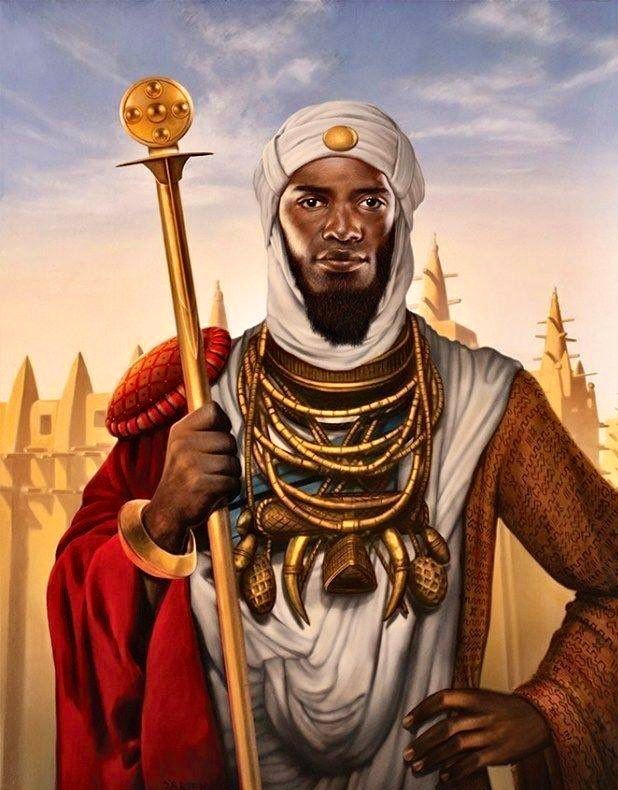
Mansa Musa was a West African ruler who lived in the 14th century. He is widely regarded as the richest man in history, with an estimated net worth of over $400 billion in today’s currency. His wealth was so great that it’s difficult to even imagine it. He was the ruler of the Mali Empire, one of the largest and most powerful empires in West Africa at the time.
Mansa Musa was born in 1280 in the town of Niani, located in present-day Mali. He was the grandnephew of Sundiata Keita, the founder of the Mali Empire. After his predecessor, Mansa Abu-Bakr II, went on an expedition across the Atlantic Ocean and never returned, Mansa Musa ascended to the throne in 1312.
As soon as he came to power, Mansa Musa embarked on a massive construction program, building mosques, libraries, and madrasas throughout his kingdom. He also expanded the empire’s territory, conquering several neighboring kingdoms and establishing peace and stability in the region.
Mansa Musa’s wealth came from the gold and salt mines that were abundant in his empire. Mali was one of the world’s largest producers of gold, and Mansa Musa controlled much of that wealth. He also controlled the salt trade, which was a valuable commodity at the time.
In 1324, Mansa Musa made a famous pilgrimage to Mecca, the holiest city in Islam. He traveled with a caravan of over 60,000 people, including soldiers, slaves, and merchants. He brought with him thousands of pounds of gold, which he distributed generously along the way. This generosity earned him a reputation as a great philanthropist, and he became known throughout the Islamic world as a man of great wealth and generosity.
During his pilgrimage, Mansa Musa also established diplomatic and commercial relationships with many of the Middle Eastern kingdoms he visited. He brought back with him several Arab scholars, who helped to establish a library and university in the city of Timbuktu.
Mansa Musa’s reign was marked by peace, prosperity, and cultural advancement. He was a patron of the arts, and his kingdom was known for its beautiful architecture, music, and literature. He died in 1337, and was succeeded by his son, Mansa Magha.
Today, Mansa Musa is remembered as one of the greatest rulers in African history. His wealth and generosity have become legendary, and his pilgrimage to Mecca is still regarded as one of the most significant events in the history of West Africa. His legacy lives on in the many mosques, libraries, and other cultural institutions he established throughout his kingdom, and his story serves as an inspiration to people all over the world.
